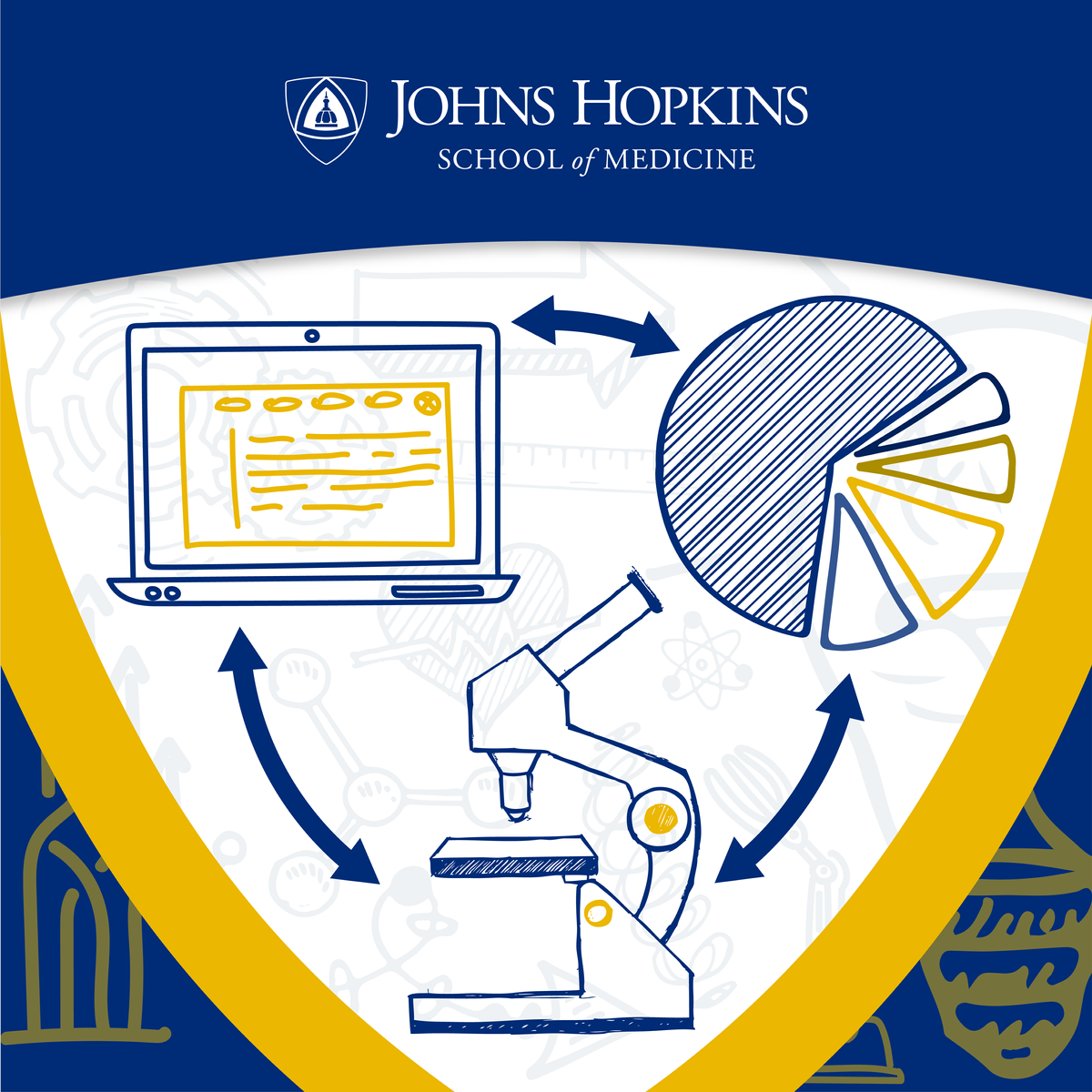- Understanding the value of a project-based portfolio
- Selecting the right courses for portfolio development
- Crafting your portfolio narrative
- Common challenges in building a course-based portfolio (and how to overcome them)
- Making your portfolio stand out
- Looking ahead: Future-proofing your portfolio
"The future belongs to those who learn more skills and combine them in creative ways." - Robert Greene
The digital era has changed how we demonstrate professional competence and learning. Online courses help us showcase your abilities through actual projects while developing new skills. It's now easier than ever to prove what you're capable of.
Whether in design, development, marketing, or multiple disciplines, you now have powerful tools to demonstrate your expertise to the world. Each work you add to your portfolio tells the story of what you can now accomplish.
Understanding the value of a project-based portfolio
A well-crafted portfolio serves as a powerful professional asset, regardless of where you are in your career journey. For seasoned professionals, it demonstrates continued growth and adaptation to industry changes. For those early in their careers, it provides concrete evidence of capabilities beyond what a resume can convey.
What makes project-based portfolios particularly valuable is their ability to tell a complete story. When you complete thoughtfully chosen projects, you're not just demonstrating technical proficiency, but also showcasing your approach to problem-solving, your ability to learn and adapt, and your commitment to professional development.
This becomes especially powerful when your portfolio includes projects that bridge multiple disciplines. A strong portfolio might reflect the complex, interconnected nature of modern professional roles that's otherwise difficult to demonstrate.

Consider a marketing professional who adds data analytics projects to their portfolio, or a software developer who showcases UX design work alongside coding projects. These combinations demonstrate versatility and a broader understanding of how different aspects of a business intersect. This comprehensive approach is particularly valuable in today's workplace, where roles increasingly require cross-functional collaboration.
For experienced professionals, a strong portfolio can:
- Support internal role transitions or promotions by demonstrating new skills
- Showcase leadership in emerging technologies or methodologies
- Document successful approaches to complex challenges
- Demonstrate continuous learning and adaptability
For those earlier in their careers, it offers:
- Tangible evidence of capabilities to potential employers
- A platform to demonstrate problem-solving approaches
- Proof of self-directed learning ability
- Examples of completed work that can spark meaningful interview discussions
The key difference in a portfolio built through online courses lies in its deliberate nature. Rather than waiting for work opportunities to create portfolio pieces, you're actively building a body of work that aligns with your professional goals. This proactive approach allows you to target specific skills gaps or emerging trends in your field, positioning you for future opportunities.
Selecting the right courses for portfolio development
A project-based portfolio can enhance almost any professional career path. The key is selecting courses that both deepen your core expertise and develop complementary skills that set you apart in your field.
Business & Management
Business professionals across finance, consulting, operations, and administration can demonstrate strategic thinking and practical implementation through projects. An operations manager might showcase process improvement projects, while a financial analyst could demonstrate sophisticated modeling and forecasting capabilities.
Communication & Content Creation
From journalists and technical writers to corporate communications specialists and educators, these professionals can showcase their ability to translate complex ideas into compelling content. Projects might demonstrate multimedia storytelling, educational content development, or technical documentation.
Data & Analytics
Valuable across healthcare, research, business intelligence, and scientific fields. A healthcare administrator might showcase patient outcome analyses, while a market researcher could demonstrate consumer behavior studies.
Creative & Design
Beyond traditional graphic design, this encompasses architectural visualization, instructional design, exhibition curation, and more. An instructional designer might showcase interactive learning modules, while an interior designer could present 3D visualization projects.

Technology & Engineering
From mechanical engineers to IT professionals, biotech researchers to environmental scientists. Projects might include simulation models, system architectures, or automated solutions to industry-specific challenges.
Research & Academia
For researchers, professors, scientists, and education professionals. Projects could demonstrate research methodology, data analysis, curriculum development, or educational technology integration.
Healthcare & Medical
Medical professionals, healthcare administrators, and wellness practitioners can showcase evidence-based practice implementations, patient care innovations, or health education initiatives.
Remember that these categories aren't rigid - the most compelling portfolios often demonstrate how different skills intersect. For example:
- A hospital administrator might combine healthcare expertise with data visualization to showcase improved patient outcomes
- A research scientist might blend technical writing with data analysis to demonstrate their ability to communicate complex findings
- An environmental engineer might combine technical expertise with project management to showcase successful sustainability initiatives
- A human resources professional might demonstrate how they use data analytics to improve recruitment and retention strategies
When selecting courses, use OpenCourser's Career Center to understand which combinations of skills are most valued in your field. The Traffic Lights section can help you evaluate whether a course's project components will contribute meaningfully to your portfolio goals.
Crafting your portfolio narrative
Whether you're specializing deeply in one area or building cross-disciplinary expertise, your portfolio should tell a clear story about your capabilities and direction. Let's explore different approaches to building this narrative through your projects.
Demonstrating depth in your field
For professionals focusing on a specific domain, your portfolio can show progression from foundational to advanced skills. Consider this approach:
Start with fundamental projects that demonstrate core competencies. For instance, an accountant might begin with projects showing mastery of basic financial statements and analysis. These foundational pieces are crucial – they show you can execute essential tasks with precision and understanding.
Build toward complexity gradually. Each subsequent project should introduce more sophisticated elements. That same accountant might progress to projects involving advanced forecasting models or complex tax scenarios. This progression tells a story of deepening expertise.
Include documentation that explains your thought process. For example, explain how you approached a complex reconciliation problem or why you chose certain analytical methods. This gives context to your technical skills and demonstrates professional judgment.
Building a cross-disciplinary story
For those pursuing broader expertise, your portfolio should show how different skills complement each other. The key is demonstrating meaningful connections between disciplines:
Create projects that naturally blend multiple skills. An environmental scientist might combine field research data with compelling visualizations and clear technical writing. This shows not just multiple skills, but how they work together to solve real problems.
Document how each discipline informs the others. Explain how your understanding of one field enhances your work in another. A project manager might show how their marketing knowledge influences their approach to product development timelines.
Making complex work accessible
Regardless of your focus, your portfolio should make your capabilities clear to both experts and non-experts:
Break down complex projects into understandable components. If you're a data scientist, don't just show the final model – explain the problem you're solving in business terms, then demonstrate your technical approach.
Use visual elements strategically. Flowcharts, diagrams, or before-and-after comparisons can make technical work more accessible. A systems engineer might include architecture diagrams that help non-technical stakeholders understand their infrastructure improvements.
Showcasing growth through projects
Your portfolio is also a tool for demonstrating professional development:
Start with guided projects. These show your ability to follow best practices and implement standard solutions. Include notes about what you learned and how you met project requirements.
Progress to independent work. Show how you've taken basic concepts and applied them to unique challenges. A graphic designer might start with course assignments, then show how they've adapted those principles to solve real client problems.
Culminate with innovative solutions. Advanced projects should demonstrate your ability to push boundaries and develop original approaches. These pieces show potential employers or clients that you can handle novel challenges.
Making your expertise tangible
The most effective portfolios translate abstract knowledge into concrete results:
Focus on outcomes. Don't just show what you did – demonstrate the impact. A human resources professional might include before-and-after metrics for an employee engagement initiative.
Provide context for technical achievements. Help viewers understand why your work matters. A cybersecurity specialist might explain how their security implementation protected sensitive data in terms anyone can appreciate.
Building for your audience
Remember that different viewers may need different levels of detail:
Create layers of information. Start with high-level summaries that anyone can understand, then provide deeper technical details for those who need them.
Include relevant metrics when possible. Quantifiable results help demonstrate the value of your work, whether it's improved efficiency, reduced costs, or increased engagement.
By focusing on clear storytelling and tangible results, your portfolio becomes more than a collection of projects – it becomes a powerful tool for communicating your professional value to any audience.
Using OpenCourser to help sculpt your portfolio
Before starting any course, review the syllabus and project requirements carefully. OpenCourser's detailed course pages provide valuable insights through the Traffic Lights section, helping you identify courses with strong project components. The Activities section can guide you in planning complementary projects that enhance your portfolio.

Common challenges in building a course-based portfolio (and how to overcome them)
Creating a portfolio from online courses presents unique challenges, but with careful planning and creativity, these can be transformed into opportunities. Let's explore common obstacles and their solutions:
Making course projects stand out
Standard course projects, while educational, often look similar to those of other learners. OpenCourser's Activities feature helps address this by suggesting complementary projects and extensions that can make your work unique. For example, if a course teaches basic data visualization, the Activities section might suggest:
- Additional datasets to analyze
- Alternative visualization tools to explore
- Real-world scenarios to apply the concepts
- Ways to combine multiple course concepts into a single project
Bridging theory and practice
Online courses sometimes focus heavily on theory without enough practical application. To address this:
- Use OpenCourser's "Activities during course" suggestions to find hands-on ways to apply concepts as you learn
- Create parallel projects that mirror course concepts but tackle real-world problems
- Document your process of moving from theoretical understanding to practical implementation
Protecting confidential information
Many professionals learn new skills by applying them to workplace projects, but sharing this work publicly isn't always possible. Instead:
- Create similar projects using public datasets or fictional scenarios
- Rebuild workplace solutions using different contexts while maintaining the same problem-solving approach
- Focus on sharing your methodology and results without revealing sensitive details
- Use anonymized data or modified numbers while preserving the underlying patterns
For example, if you developed a sales forecasting model at work, create a similar model using public retail datasets while demonstrating the same analytical techniques.
Maintaining project context
Online course projects can sometimes feel disconnected from real-world applications. To add context:
- Document the business case or scenario that motivated your project
- Explain your decision-making process
- Include "before and after" scenarios
- Highlight how your solution could be applied in different situations
Demonstrating independence
Course projects often come with detailed instructions, making it harder to show independent problem-solving abilities. Consider:
- Adding extra features beyond the course requirements
- Combining concepts from multiple courses into a single project
- Creating companion projects that tackle similar problems in different ways
- Using OpenCourser's "Activities after course" suggestions to find ways to extend your learning
Handling technical constraints
Some online courses restrict access to projects after completion or limit the tools you can use. To address this:
- Document your work thoroughly while you have access
- Recreate key components using different tools if necessary
- Use OpenCourser's Reading List suggestions to find alternative resources for implementing similar projects
- Consider building portable versions of your projects that don't rely on course-specific platforms
Showing collaboration skills
Online learning can be solitary, but many employers value team skills. You can demonstrate these by:
- Participating in course forums and study groups
- Contributing to open-source projects related to your coursework
- Documenting how you incorporated peer feedback into your projects
- Creating projects that show how you would approach team scenarios
Managing portfolio evolution
As you complete more courses and gain experience, your early projects might seem basic. Consider:
- Regularly updating older projects with new skills and insights
- Creating project series that show progression in a specific skill area
- Using OpenCourser's Career Center to identify skills gaps and plan future portfolio additions
- Maintaining different versions of your portfolio for different audiences
Remember that these challenges aren't unique to online learning – they're opportunities to demonstrate creativity and problem-solving skills. Each solution you develop shows potential employers or clients not just what you've learned, but how you approach and overcome obstacles.
Making your portfolio stand out
Remember that employers value originality. While course projects provide excellent learning opportunities, consider these approaches to make them unique:
Add extra features beyond the basic requirements Solve real-world problems in your industry Document your learning process and decision-making Incorporate feedback from course peers and instructors
Leveraging OpenCourser's resources
Take advantage of OpenCourser's Career Center to understand which skills are most valuable for your target roles. The Reading List section can help you identify supplementary materials to deepen your understanding and enhance your projects.
The importance of continuous iteration
Your portfolio should evolve as you complete more courses and gain new skills. Regular updates demonstrate your commitment to continuous learning and keep your skills current with industry trends.
Showcasing your learning journey
Document your progress through blog posts, case studies, or project documentation. This not only demonstrates technical skills but also shows your ability to communicate complex ideas effectively.
Looking ahead: Future-proofing your portfolio
As technology and industry needs evolve, your portfolio should adapt. Stay informed about emerging trends and consistently update your skills through new courses and projects.
Building a portfolio through online courses is more than just collecting certificates – it's about creating tangible evidence of your capabilities and growth. By strategically selecting courses, integrating cross-disciplinary skills, and focusing on practical projects, you can build a portfolio that effectively showcases your value to potential employers.
Remember that your portfolio is a living document that should evolve with your skills and career goals. Use OpenCourser's comprehensive course information and resources to make informed decisions about your learning journey and portfolio development.
For those ready to begin their portfolio-building journey, explore our curated list of courses and start planning your learning path today. The key to success lies not just in what you learn, but in how you apply and showcase that knowledge through meaningful projects.











































